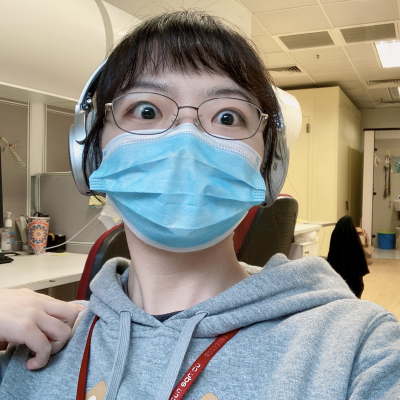Si Kai Lee’s article “On agreement-drop in Singlish: topics never agree” has just appeared in Volume 7 of Glossa, as part of the GLOWing papers 2021 collection of selected papers from the 44th Generative Linguistics in the Old World (GLOW) Colloquium. The paper can be accessed online here. Congratulations Si Kai!
Abstract: This paper examines the distribution and properties of agreement-drop constructions in Singlish, which are distinguished by the absence of overt subject agreement morphology. I demonstrate that these constructions are distinct from their minimally different fully-agreeing counterparts in that they (i) bleed object topicalisation, (ii) block the extraction of adjuncts which are lower in the structure, (iii) are scopally frozen, (iv) are unable to be embedded under regret-class predicates, and (v) impose a specificity condition on their subjects. I argue that these properties rule out prior characterisations of the alternation as the output of free variation in the PF. On the basis that agreement-drop constructions in Singlish consistently parallels topicalisation structures cross-linguistically, I sketch a syntactic account that unifies the two constructions within the syntax.
